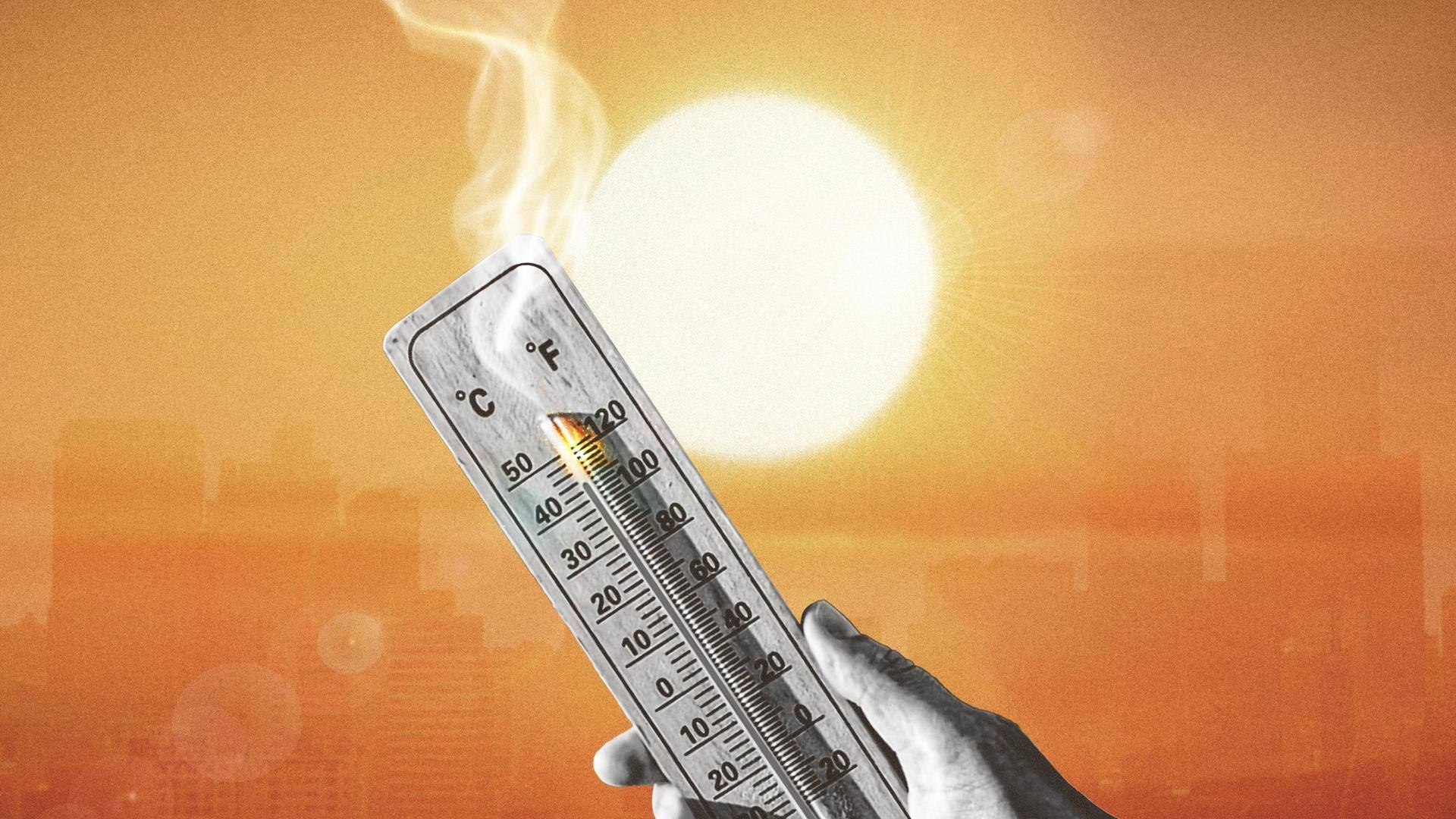
#Heatwave: Does India need a heat officer
What's the story
With heatwaves on the rise, people are wondering whether India needs a designated heat officer to save the day. This person could be like a superhero, battling the negative effects of a heatwave and saving citizens from heat-related woes. But is this the hero that India needs? Let's find out if a heat officer is an answer to India's hottest problem.
New problem
Tackling heatwaves has never been more urgent
This year, India experienced its hottest February on record since 1901, according to the India Meteorological Department (IMD). Some regions even saw heatwaves as early as February, a concerning sign of what may lie ahead. The IMD, in a press release, has warned of an "enhanced probability" of heatwaves occurring between March and May this year in central and northwest India.
Report
Urban populations at risk as heatwaves become more widespread
A report has revealed that by 2050, the number of cities experiencing summertime temperatures of 35˚C or higher will surge nearly threefold to over 970, up from the current 354 cities. The number of people living in urban areas exposed to these extreme temperatures is set to rise by a staggering 800%. This will affect over 1.6 billion people worldwide by mid-century.
Responsibilities
What should be the responsibilities of a heat officer?
A heat officer would analyze data on climate change and the impact of extreme heat on the population. They would develop early warning systems for heatwaves, design heat-resilient infrastructure and architecture, make people embrace sustainable living, and educate them on ways to prevent heatwave-induced illnesses. Thus, a heat officer would be responsible to mitigate the disastrous effects of rising temperatures in the country.
Africa
Sierra Leone could be a good example for India
Cities worldwide are responding to the growing threat of heatwaves by appointing heat officers to manage their impact. One such officer, Eugenia Kargbo, has been appointed as Africa's first Chief Heat Officer (CHO) in Freetown, Sierra Leone. Kargbo is leading a heat-mapping project to gather data on the impact of rising summer temperatures and heatwaves on residents.
South America
Mexico too is dealing with heatwaves by appointing CHOs
Surella Segú, CHO in Monterrey, Mexico, is raising awareness about the dangers of extreme heat among the city's five million residents. The city was hit by a severe drought last year, causing record water shortages. Segú's role includes creating action plans to mitigate the impacts of extreme heat, such as designing heat-resilient infrastructure and developing early warning systems for heatwaves.
Need of the hour
So, does India need a heat officer?
As climate change and extreme heat continue to threaten India, it is crucial to take action to mitigate their effects. With El Niño's possible return, rapid urbanization, and a growing population, it is essential to proactively address these issues. Besides developing early warning systems for heatwaves, a heat officer could also be responsible for promoting afforestation, or creating green corridors to cool urban neighborhoods.